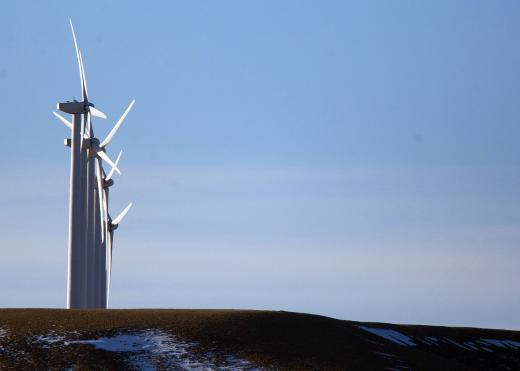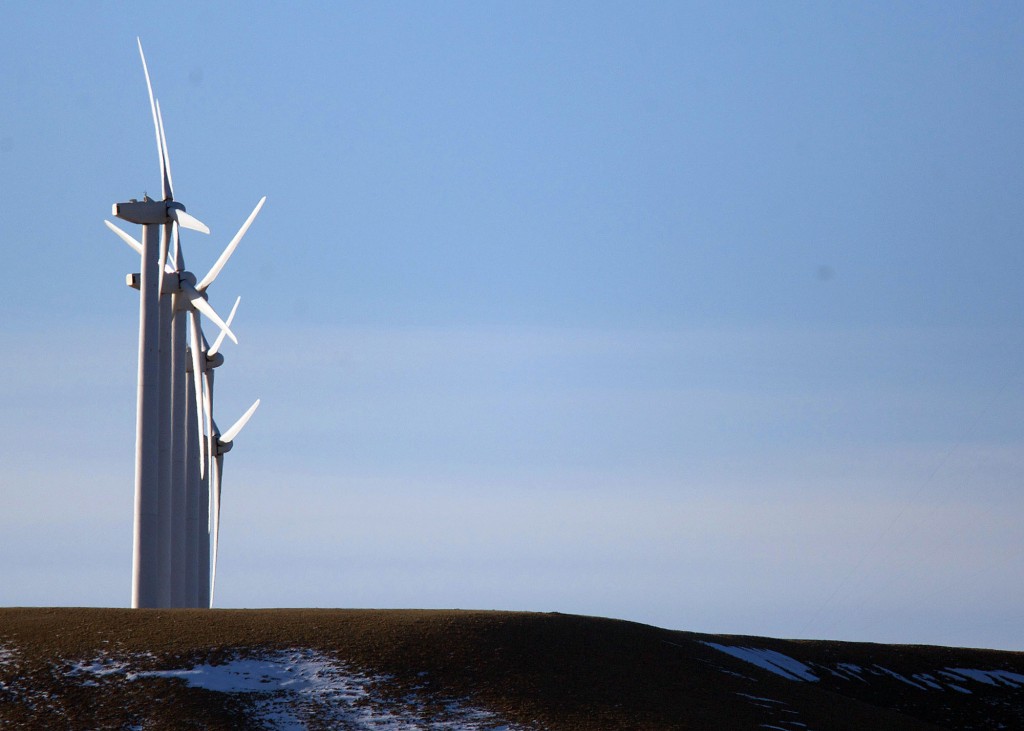What would you compromise for your fishing?
What are you willing to compromise to keep your fishing the way it is?
We posted here a few weeks ago about a changing climate.
“Sooner or later, anyone who enjoys trout fishing has to wonder: “What if the summers do keep getting hotter? Will the fishing get worse? Is this still going to be a trout stream in 20 or 30 years? Or should I start practicing my Bassmaster cast?” ”
Lets hope to keep the Bassmaster at bay for awhile longer. The truth is, as anglers, we have a lot to lose in the face of such change, a truth we don’t always acknowledge head on.
While the people at TU are tackling these changes in a number of direct ways, we’re also looking ahead. According to the EPA, fossil fuels used for electricity accounted for 40 percent of this country’s carbon dioxide emissions in the last decade - the largest single source. If we want to reduce the amount of carbon we put into the atmosphere, renewable energy will have to be part of our path forward.
But before we start putting wind towers and solar panels on every open piece of public land, we need to stop and think for a moment.
Which is where a bill re-introduced by the Senate this week comes in. To do renewable energy the right way - the sustainable and smart way - this bill could be the answer.
The Public Lands Renewable Energy Development Act would create a sensible direction forward for renewable energy. It puts money back into the pockets of hunters and anglers by creating a fund that would go directly to conservation. Among other things, it also puts royalty money in the pockets of counties and states, dollars I’m sure many a county commissioner could use in their bottom line.
There’s no doubt large-scale renewable energy will have some impact on our access to public lands. But that’s where the compromise comes in. If we do nothing to reduce our footprint, we stand to lose much more. And if we aren’t proactive about how renewables are developed, we may not like the outcome.
A bill like this would be revolutionary for western landscapes. If you’ve watched oil and gas unfold over the past few decades, you know the price sportsmen have had to pay hasn’t been cheap. And that’s not something we’re looking to replicate.
As far as compromises go, this seems like a pretty good one.


